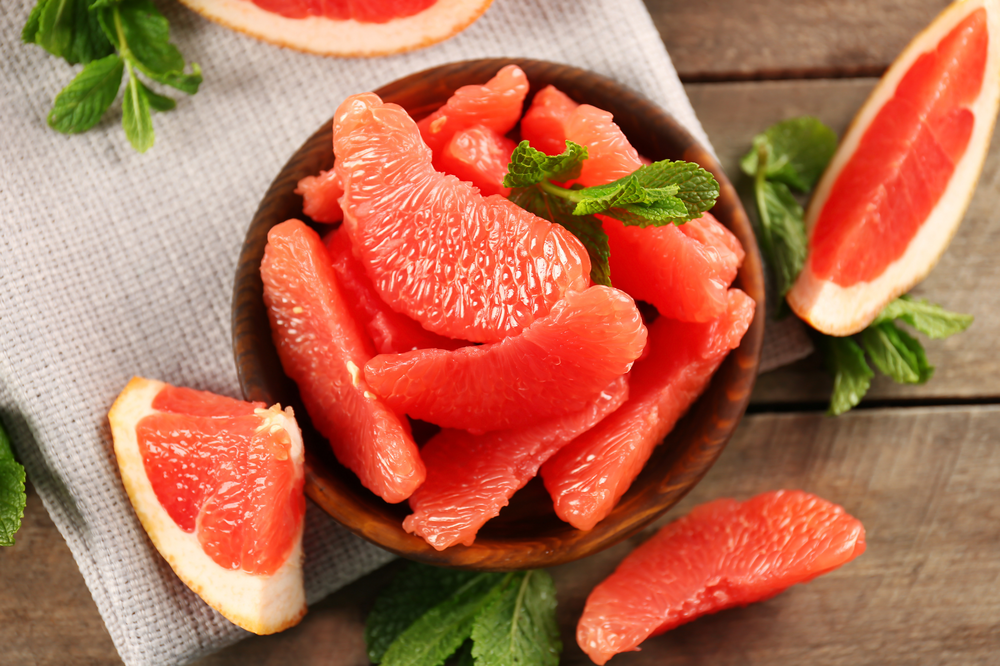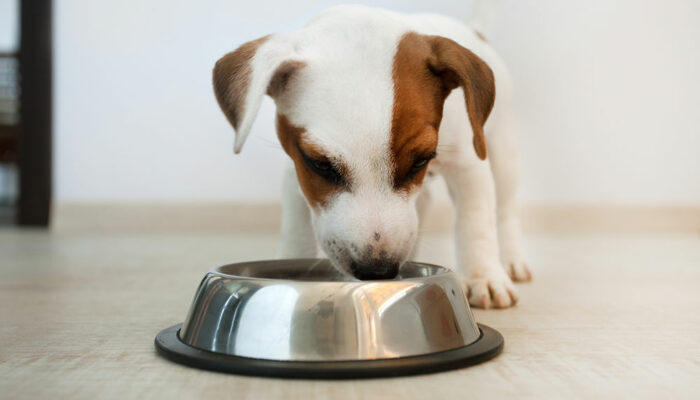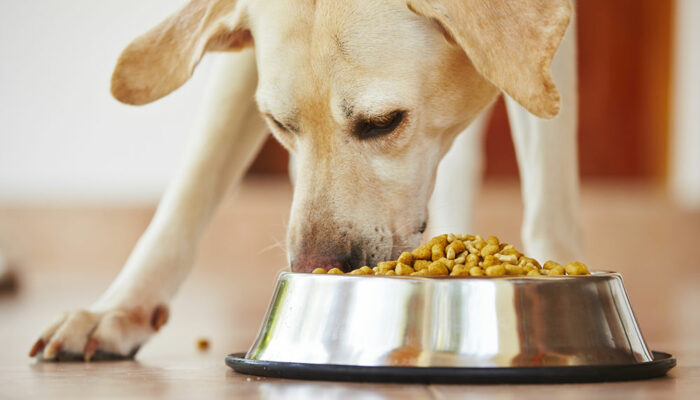
Foods to Avoid With Atrial Fibrillation
Atrial fibrillation (or AFib) is a condition that affects the heart’s electrical system. The state can lead to abnormal rhythm and blood flow, increasing the risk for strokes, heart failure, and other complications. One of the most important ways to reduce these risks is by following a diet limiting certain foods that may trigger AFib or worsen its symptoms.
The following foods should be avoided with AFib:
1. Grapefruit
Grapefruit is a healthy fruit that contains antioxidants. However, this fruit may also interact with blood-thinning medications. If you are taking blood thinners, it is best to avoid eating grapefruit.
2. Alcohol
Alcohol consumption increases blood pressure and heart rate and may lead to irregular heartbeats. It also increases the risk for stroke, heart failure, and other heart-related complications. Alcohol is one of the primary triggers for atrial fibrillation and should be avoided if you have the condition. Alcohol can cause your heart to beat irregularly, so it is crucial to avoid drinking.
3. Caffeine
Although caffeine is not a food, it can impact your heart health in many negative and positive ways. Caffeine can cause an increase in heart rate and blood pressure, so it is best to limit caffeine intake if you have AFib.
4. Cranberry juice
Although cranberry juice is good for overall health, it can interact with blood-thinning medications. If you are taking blood thinners, it is best to avoid drinking cranberry juice.
5. Salty foods
Salty foods such as potato chips, salted peanuts, pretzels, and other snacks can increase blood pressure. If you are trying to follow a heart-healthy diet, limiting or avoiding these foods is best.
6. Asparagus
Asparagus is a healthy vegetable low in calories and high in nutrients. However, it may not be suitable for people with AFib. Asparagus contains a compound called mercaptan which can interact with blood-thinning medications. If you are taking blood thinners, it is best to avoid eating asparagus.
If you are diagnosed with atrial fibrillation, it is essential to follow a heart-healthy diet. Some foods may increase your risk for complications, while others can help improve overall heart health. One of the most important things you can do to reduce your risk of developing atrial fibrillation is to eat a healthy diet. Unfortunately, many patients with AFib don’t realize that what they are eating may increase your risk for stroke and other heart complications. Symptoms of AFib in the early stages include:
- Shortness of breath
- Chest pain or pressure that may be described as squeezing or indigestion. This discomfort can occur in the neck, jaw, shoulder, and arm areas. It is sometimes mistaken for heart attack symptoms
- Heart palpitations (or rapid heartbeat)
- Weak pulse at rest
- Fatigue, dizziness, or fainting, especially when rising from sitting or lying to standing abruptly
- Irregular beats or palpitations that do not go away with rest or medication are other symptoms of atrial fibrillation
Common causes and risk factors for AFib development include a family history of heart disease, a previous heart attack, high blood pressure, existing chronic obstructive pulmonary disease (COPD), a blood clot in the lung (pulmonary embolism), hyperthyroidism, sleep apnea, and side effects of Ibrutinib and other drugs may cause atrial fibrillation. To learn more about atrial fibrillation, please talk to your doctor or search “tell me about AFib” online.



